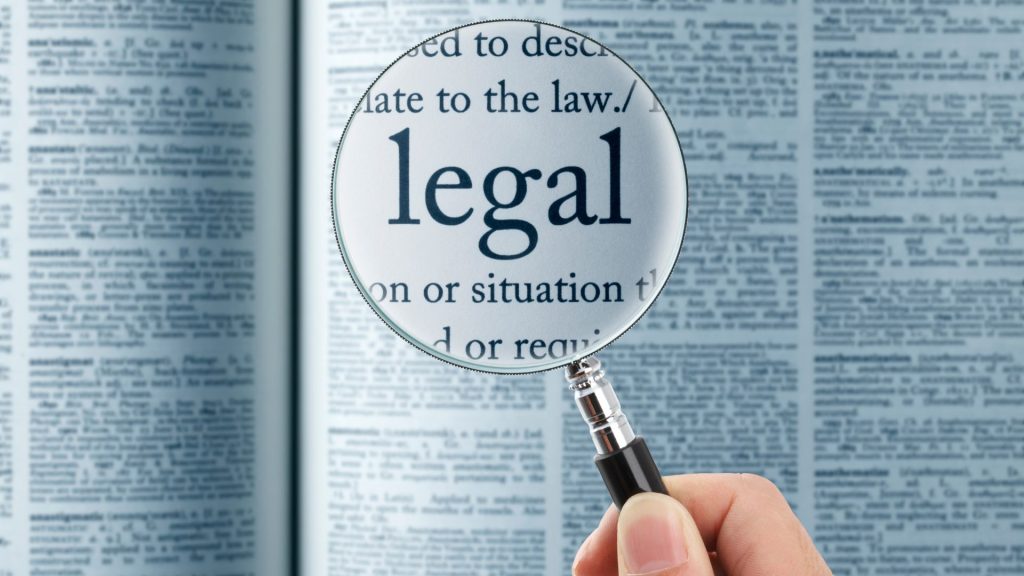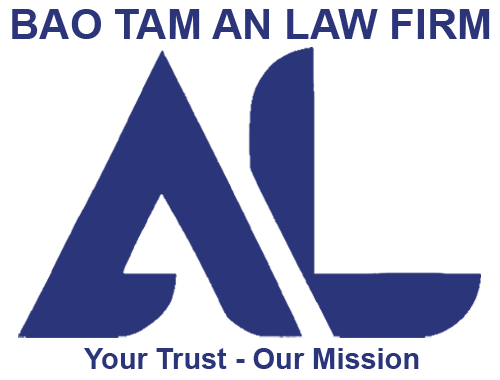Property Dispute Prevention: Due Diligence in Vietnamese Real Estate Transactions
Vietnam’s real estate market has been undergoing rapid development, attracting both domestic and foreign investors keen on capitalizing on its growth potential. However, with these opportunities come inherent risks, particularly in the form of property disputes. Such disputes can arise from issues related to ownership, real estate use, and contractual obligations. To mitigate these risks, conducting thorough due diligence in real estate transactions is vital. This article outlines the essential components of due diligence in Vietnamese real estate transactions and offers strategies for preventing property disputes.
Understanding Due Diligence in Real Estate Transactions
Due diligence refers to the comprehensive investigation and evaluation conducted by a buyer or investor before finalizing a real estate transaction. This process ensures that they understand what they are acquiring, identify any potential risks, and make informed decisions. Due diligence in real estate typically encompasses legal, financial, and property-related considerations.

Key Components of Due Diligence
When engaging in due diligence for real estate transactions in Vietnam, several critical factors should be examined thoroughly:
1. Title Investigation
Verifying ownership and title is the cornerstone of due diligence. Key steps include:
- Review Land Use Rights Documents: In Vietnam, land is owned by the state, and land use rights are granted to individuals or entities. It’s essential to review the Land Use Rights Certificate (LURC) to confirm that the seller has legitimate rights to sell or lease the property.
- Conduct Title Searches: Investigate public records to ensure there are no encumbrances, liens, or legal disputes associated with the property. This can help uncover any outstanding debts or claims that may affect ownership.
2. Legal Compliance
Understanding legal requirements and compliance matters is crucial:
- Zoning Regulations: Verify that the property complies with local zoning laws, which dictate how the land can be used (e.g., residential, commercial, industrial). Check whether the intended use aligns with local regulations.
- Building Permits: For properties with existing structures, ensure that all building permits and construction approvals were obtained legally. Properties built without proper permits can result in disputes over ownership and legal usage.

3. Assessing Financial Obligations
Evaluating financial aspects is critical for understanding the investment:
- Property Valuation: Conduct a thorough appraisal or valuation of the property to assess its market value and ensure that the purchase price aligns with the property’s worth.
- Outstanding Payments: Check for any unpaid taxes, fees, or service charges associated with the property. These financial obligations may transfer to the new owner.
4. Property Condition and Inspection
Conduct a comprehensive inspection of the property, including:
- Physical Condition: Assess the physical state of the property through inspections, identifying any structural issues, needed repairs, or maintenance requirements.
- Environmental Assessments: Depending on the property’s location, conduct environmental studies to assess any potential environmental hazards or contamination issues that may pose risks for future use.
5. Assessing Seller’s Credibility
Evaluating the seller’s reputation is essential for minimizing risks:
- Background Checks: Conduct due diligence on the seller to verify their credibility, including a review of their previous transactions and financial stability.
- Legal Standing: Ensure that the seller is legally capable of selling the property and has the authority to do so, checking for any pending legal issues that may impact the sale.
6. Contracts and Agreements
Clearly defining the terms of the transaction is essential:
- Review Contracts: Retain a property dispute attorney or legal expert to review the sale agreement to ensure it is legally sound, comprehensive, and compliant with Vietnamese law.
- Inclusion of Essential Clauses: Ensure the contract includes vital terms such as payment schedules, delivery dates, warranties, and termination conditions to prevent misunderstandings.
7. Engage Professional Expertise
Enlisting the help of professionals is critical in due diligence:
- Real Estate Agents: Work with experienced local real estate agents familiar with the market and legal landscape. They can provide invaluable insights into potential risks and property values.
- Legal Counsel: Hiring a property dispute attorney with expertise in real estate law in Vietnam can help navigate the complexities of due diligence, ensuring all legal aspects are thoroughly addressed.
Strategies for Preventing Property Disputes
While due diligence plays a crucial role in minimizing risks, proactive strategies can further aid in preventing property disputes:
1. Clear Communication
- Maintain Open Lines: Encourage transparent communication among all stakeholders during the transaction process, including buyers, sellers, agents, and legal advisors. Clear communication reduces the likelihood of misunderstandings.
- Document Everything: Keep detailed records of communications, agreements, and transaction documents, which can serve as proof in the event of disputes.

2. Thorough Documentation
- Accurate Contracts: Ensure that all contractual documents are precise, comprehensive, and clearly define the rights and responsibilities of all parties involved.
- Transfer of Ownership Documents: Once the transaction is complete, ensure that the transfer of ownership documents are filed with the appropriate authorities to formalize the ownership change.
3. Regular Legal Reviews
- Ongoing Compliance Checks: Conduct regular reviews of property acquisitions to ensure compliance with any changes in laws or regulations that may occur.
- Audit Legal Protections: Periodically assess the legal protections in place for your real estate assets, making adjustments as necessary to maintain compliance.
4. Engaging in Alternative Dispute Resolution (ADR)
- Mediation or Arbitration: Consider including clauses in contracts that require mediation or arbitration in the case of disputes. ADR methods can provide quicker and more flexible resolution options compared to traditional litigation.
5. Insurance Coverage
- Protective Insurance Policies: Invest in property insurance, title insurance, and liability insurance to mitigate financial risks associated with property disputes.
Conclusion
Navigating the complexities of real estate transactions in Vietnam requires thorough due diligence and an understanding of the legal frameworks governing property rights. By implementing effective due diligence practices, understanding key legal requirements, and engaging qualified professionals, investors can significantly reduce the risk of property disputes and protect their real estate investments. Fostering open communication, maintaining accurate documentation, and exploring alternative dispute resolution methods further enhance the likelihood of successful transactions and positive outcomes. Ultimately, being proactive and informed can help both individuals and businesses thrive in Vietnam’s dynamic real estate market.
